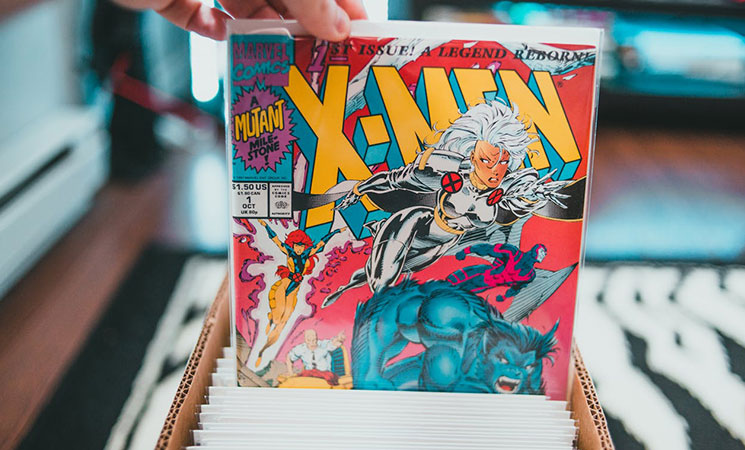Independent comic books, often referred to as “indie comics,” have played a significant role in shaping the comic book industry and pushing the boundaries of creativity, storytelling, and representation. While major publishers dominate the market with iconic characters and blockbuster titles, independent creators and publishers have carved out their own niche, producing a diverse range of comics that cater to a wide variety of tastes and interests. With the rise of digital platforms and comic books online, independent creators now have unprecedented opportunities to reach a global audience and share their work with readers around the world. In this article, we’ll explore the rise of independent comic books, their impact on the industry, and the unique contributions they make to the world of comics.
A History of Independence
The roots of independent comic books can be traced back to the underground comic movement of the 1960s and 1970s. Led by artists such as Robert Crumb, Gilbert Shelton, and Art Spiegelman, Underground Comix challenged mainstream conventions and censorship laws with their irreverent humor, countercultural themes, and explicit content. These pioneers paved the way for a new generation of independent creators who sought to tell their own stories outside the constraints of traditional publishing.
Diversity and Representation
One of the defining characteristics of independent comic books is their commitment to diversity and representation. Independent creators have been at the forefront of efforts to diversify the medium, telling stories that reflect a wide range of experiences, identities, and perspectives. From LGBTQ+ narratives to stories featuring characters of color, indie comics offer readers a more inclusive and authentic representation of the world around them.
Creative Freedom and Innovation
Independent comic books are known for their creative freedom and willingness to experiment with unconventional storytelling techniques and formats. Freed from the editorial mandates and commercial pressures of major publishers, independent creators have the freedom to explore niche genres, unconventional art styles, and avant-garde storytelling methods. This spirit of innovation has led to the emergence of groundbreaking works that challenge the boundaries of the medium and push the envelope of what comics can achieve.
The Rise of Self-Publishing and Crowdfunding
Advances in technology and the rise of the internet have democratized the process of comic book creation and distribution, allowing independent creators to self-publish their work and reach a global audience with unprecedented ease. Platforms such as Kickstarter, Indiegogo, and Patreon have enabled creators to bypass traditional publishing channels and fund their projects directly through crowdfunding. This direct relationship between creators and fans has empowered independent creators to take creative risks and pursue projects that may not have been viable through traditional means.
Impact on Mainstream Comics
The influence of independent comic books extends far beyond the confines of the indie scene, shaping the direction of mainstream comics and influencing the work of established creators. Major publishers have increasingly looked to independent creators for fresh ideas, innovative storytelling techniques, and diverse voices. Many successful independent comics have been optioned for film and television adaptations, further elevating their profile and bringing independent creators into the spotlight.
Conclusion
As we look to the future, the outlook for independent comic books is brighter than ever. Advances in digital publishing, print-on-demand technology, and online distribution platforms have made it easier than ever for independent creators to share their work with the world. The growing popularity of conventions, festivals, and online communities dedicated to independent comics has created new opportunities for creators to connect with readers and build sustainable careers. In conclusion, independent comic books play a vital role in the comic book industry, offering readers a diverse array of stories, perspectives, and voices that are often overlooked by mainstream publishers. With their commitment to diversity, innovation, and creative freedom, independent creators continue to push the boundaries of the medium and inspire future generations of storytellers. As the industry evolves, independent comic books will undoubtedly remain a driving force for change and creativity in the world of comics.













